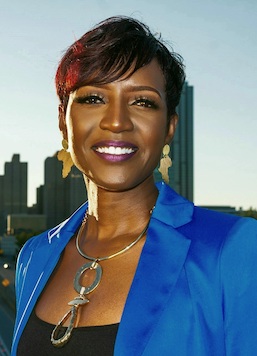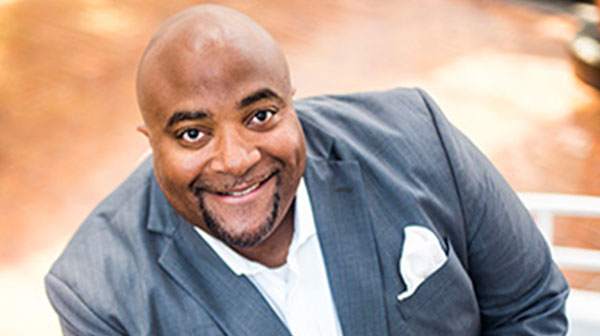
In a city noted for its civil rights and nonviolent social leaders, we're seeking to do our part to help build a "beloved community."
During the last conversation that Dr. Bernard Lafayette had with Martin Luther King, Jr. before he died, Dr. King, Jr. directed Dr. Lafayette to institutionalize and internationalize nonviolence. Historically, nonviolence as a social tool is a predominantly organic effort. But Dr. King, Jr. and Dr. Lafayette understood that purposefully educating the masses on nonviolent means to influence cultural, political, social, and economical decisions lays the brickwork for connecting the world through peaceful, intentional communication.
Building from these learnings, the Emory Center for Advancing Nonviolence (ECAN) provides education and training programs promoting effective, nonviolent human interaction. ECAN is committed to reducing the use of violence in society as a means to an end. The Center promotes ethical and nonviolent choices to help create and sustain a more socially just world, combining an academic analysis of conflict with the study of strategies for promoting peace and justice.

How To Sign Up
The need for ECAN’s teachings and hands-on instruction is all too apparent in society today. The Center’s approach rests on a belief that nonviolence principles around communication, critical listening, and understanding have broad applicability to all human interaction. Students have the opportunity to help the Center:
- Create a platform to amplify and coordinate work and research germane to the Center both at Emory and the community at large.
- Encourage, promote, and facilitate research, programs, workshops, classes, events, and strategies consistent with the Center’s mission.
Center programs are tailored to meet the specific needs and interests of a wide variety of participants and can vary in length from several hours to several days. Our audiences include, but are not limited to, university students and administration; public servants; and corporations.
Email James Roland, Director, Emory Center for Advancing Nonviolence, at jroland@emory.edu to get involved.

ECAN programs are built around several core elements of nonviolence teachings.
Defining the nature of conflict
Are we all pursuing the same goal, but with different ideas for how to get there? Are we fighting over resources? Is a difference in values at hand?
Effective response
How can we prevent everyday stressors from escalating into conflict? How can nonviolence principles be used to diffuse a climate of pervasive tension so problem solving can begin? What if a situation has escalated to shouting, physical violence, or the like?
Seeing the whole picture
What wisdom and applicability does the notion of truth through synthesis and reconciliation hold for approaching the conflict in our lives? How can striving to understand all sides of our issues help drive an effective approach to them?
Solve the problem, respect the people
How and why to focus on the underlying cause of a problem, rather than the personalities involved. The importance of treating all people with dignity and respect.
Power shapes perspectives
When serving in leadership roles, do we act paternalistically, assuming we know best? Is our view of leadership focused on personalities rather than issues? How can our organizational structures be managed toward constructive action?
Bringing nonviolence principles and actions into our lives.
How can, for example, Dr. King’s Six Principles of Nonviolence be applied to our personal and professional situations? How can we apply them to the conflicts we face in our homes, workplaces, and communities?
Advisory Board
Dr. Bernard Lafayette
Founder emeritus
Alex Hill
Chair

Nikki Renfroe
Member
Dr. Ed Lee
Member
History
Dr. Lafayette co-founded the Student Nonviolent Coordinating Committee (SNCC) in 1960, and he was also a core leader of the civil rights movement in Nashville, Tennessee, in 1960 and in Selma, Alabama, in 1965. He directed the Alabama Voter Registration Project in 1962, and he was appointed by Martin Luther King, Jr. to be national program administrator for the Southern Christian Leadership Conference (SCLC). Today, the SCLC is eager to collaborate with primary, secondary, and post-secondary schools as they focus on the nationwide issue of nonviolence.
ECAN was derived from this effort, but even more so, Emory University has also distinguished itself as a significant contributor to the advancement of peaceful human interaction. The University boasts deep connections to Nobel Peace prize winners like President Jimmy Carter and His holiness the XIV Dalai Lama and has strong partnerships with the Carter Center. In addition, Emory also holds the SCLC archives in the Manuscripts and Rare Books Library (MARBL).
Leaders, Staff, Student Workers

James Roland
Director, Emory Center for Advancing Nonviolence